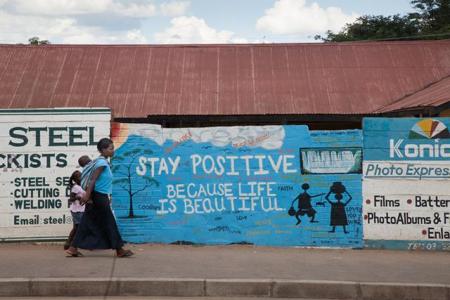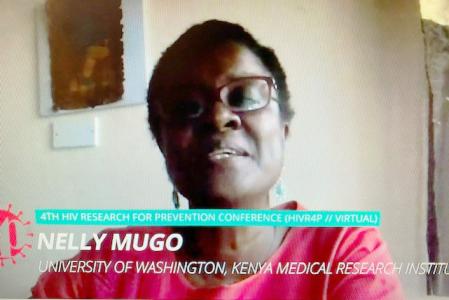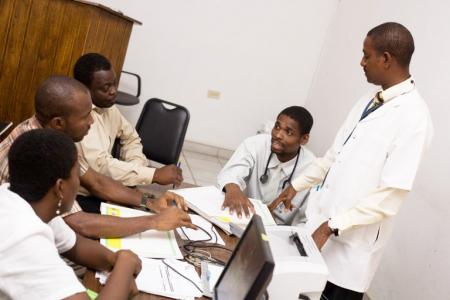Celebrating Progress and Looking to Next Steps in HIV and STI Prevention with Dr. Connie Celum
We connected with Dr. Connie Celum, professor at the University of Washington Schools of Public Health and Medicine, to learn more about current challenges in HIV/STI prevention, and gain insight into the inspiration behind her doxycycline postexposure prophylaxis (doxy-PEP) research and thoughts on offering it to cis-gender women in the US at higher risk of STI acquisition.







